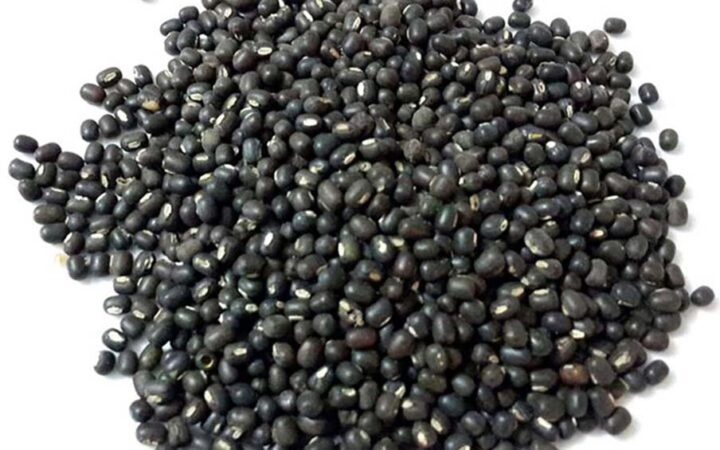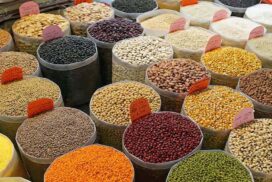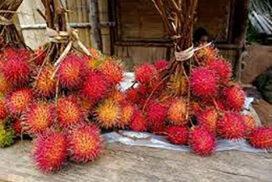With the foreign demand surging, the black gram price hit a fresh new peak again to K3.4 million per tonne.
The price remained unchanged at around K3 million at the end of 2023. The market upswing has started from the last week of January 2024.
The price soared to K3.402 million per tonne on 2 February from K3.276 million on 1 February, reflecting a sharp rise of K126,000 per tonne.
Along with the Kyat depreciation against the US dollar, loading black gram onto a ship increased the price.
India, the primary buyer of Myanmar’s pulses, is crucial in elevating the prices. It also imports the black gram (urad) from Brazil and other countries. Nonetheless, they prefer Myanmar’s black gram because of its better quality and easy access to ample supply. India extended the free import policy of black gram (urad) and pigeon pea (tur) until March 2025.
Next, India’s pulse output dropped more than expected due to erratic weather in India, prompting them to import a large quantity. India was reportedly to bring in 400,000 tonnes of pigeon pea (tur) and 1 million tonnes of black gram (urad) from Myanmar in two months (January-February) 2024, citing reports by foreign agencies.
Myanmar shipped over 1.25 million tonnes of various pulses worth over US$1 billion over the past nine months of the current financial year 2023-2024 beginning 1 April, the Ministry of Commerce stated.
Myanmar mainly exports black gram, green gram and pigeon peas to foreign markets. Black grams and pigeon peas are primarily shipped to India, while green grams are exported to China and Europe.
India has growing consumption requirements for black gram and pigeon peas. According to a Memorandum of Understanding between Myanmar and India signed on 18 June 2021, India will import 250,000 tonnes of black gram and 100,000 tonnes of pigeon peas (tur) from Myanmar for five consecutive years from 2021-2022 financial year to 2025-2026 FY. This G-to-G pact will not affect the pulses’ annual quota set by India. Myanmar’s exporters are entitled to deliver the pulses to India under that yearly quota.
Black grams, which India primarily purchases, are cultivated only in Myanmar. In contrast, pigeon peas, green grams and chickpeas are grown in African countries and Australia, as stated by the Myanmar Pulses, Beans, Maize and Sesame Seeds Merchants Association. — NN/EM
Black gram price hit new high, driven by robust foreign demand
- February 03, 2024
- 251














